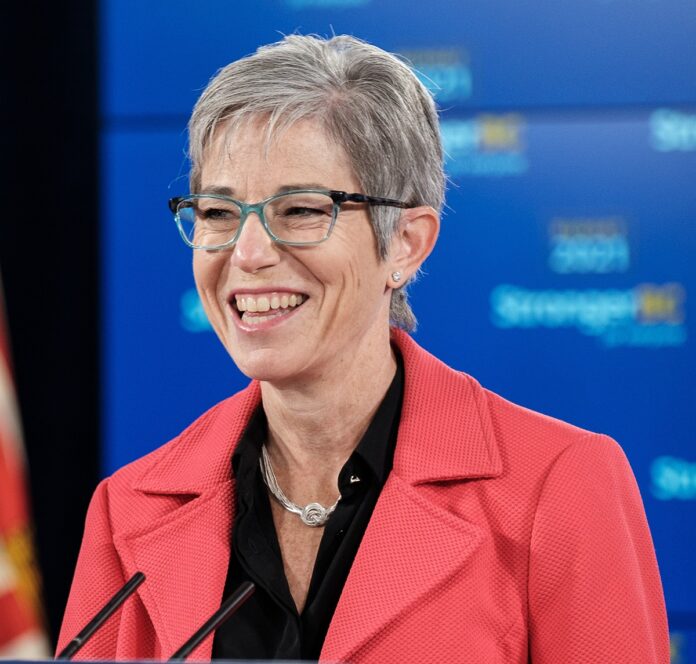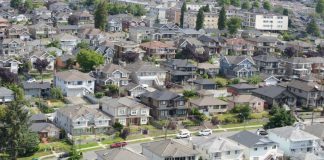Municipalities of North Cowichan, Duncan, Ladysmith, Lake Cowichan, Lions Bay and Squamish will now be included
THE Province said on Wednesday that expansion of the Speculation and Vacancy Tax will help eliminate speculative real estate practices and turn empty units into homes for people in additional communities in B.C. struggling with housing affordability.
It noted that an independent review report of the speculation tax shows it is working in existing areas by helping to keep housing prices and rents lower than they would have been without the tax.
The speculation tax, alongside the 2% tax rate for foreign owners and satellite families, has also encouraged the return of approximately 20,000 condo units to the long-term rental market in Metro Vancouver.
The expansion of the speculation tax into communities facing acute housing shortages near existing taxable areas will help reduce the risk of speculators taking advantage of these exempt communities.
“In 2018, we implemented the landmark speculation and vacancy tax that targeted speculators and quickly helped turn thousands of empty units into homes for people,” said Selina Robinson, Minister of Finance.
“After careful consideration and listening to people and community leaders on speculative real estate concerns in their communities, we’re expanding the tax to these additional areas that are facing intense housing pressures.”
The review report suggests a phased expansion approach to speculation tax, to help protect housing in other areas of the province experiencing similar concerns.
The tax will now be put to use in the municipalities of North Cowichan, Duncan, Ladysmith, Lake Cowichan, Lions Bay and Squamish to help ensure empty housing stock is available for the people who work and live there.
“People, businesses and service providers in Squamish are all facing the critical challenge of housing affordability,” said Karen Elliott, Mayor of Squamish. “Our citizens want to see that we are addressing both the supply side, as well as advocating for demand-side policies that help make housing more attainable.”
She added: “We support a collaborative approach to delivering the homes we need. Squamish is proud to be a partner in the Province’s efforts to create affordable housing, strategically develop private property, and implement solutions like the speculation and vacancy tax. Together, we can create more stable, attainable and affordable housing.”
These changes will come into effect in January 2023, meaning residential property owners in the expansion communities will declare and claim an exemption for the first time in January 2024.
Exemptions are available for primary residences, properties with a long-term tenant and a number of other special circumstances. The Province anticipates that more than 99% of British Columbians will continue to be exempt from paying the tax.
Owners will be able to declare online or by phone with call centre staff. Last year, more than 92% of owners declared online.
Quick Facts:
* A speculation tax review report must be produced and made public every five years.
* The first of these reports was released in June 2022.
* Through the Homes for B.C. plan that includes the speculation tax, the B.C. government is making the largest investment in housing in the province’s history, more than $6 billion over 10 years.
* Since introducing the plan, the Province has funded nearly 34,000 more affordable new homes in more than 100 communities.
Learn More:
Learn about how the speculation and vacancy tax works and available exemptions: https://www2.gov.bc.ca/gov/













